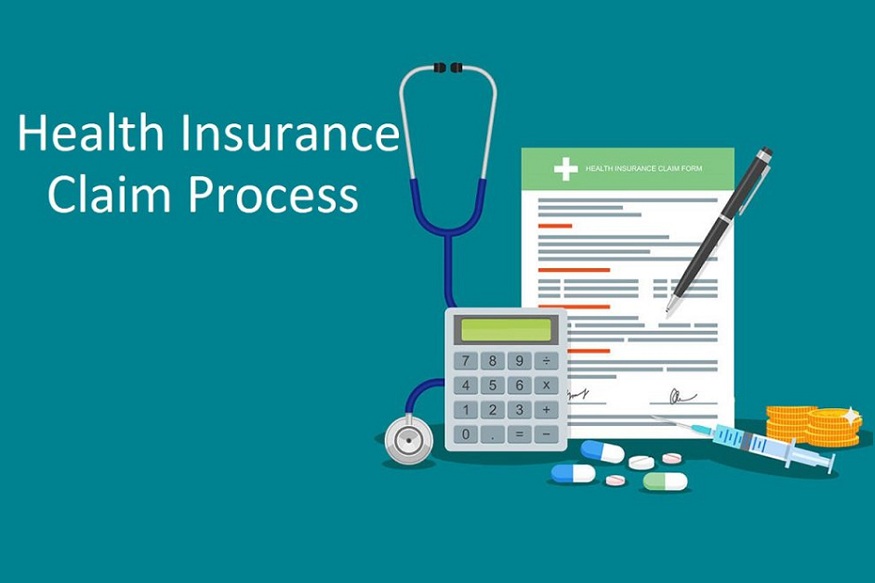1,240 Views
Given the escalating expense of medical care, a health insurance policy is a necessity. Hence, it’s essential to understand the potential restrictions before buying health insurance. This is because they can vary from policy to policy.
Potential restrictions in your policy:
- Initial Waiting period: There is a waiting time after purchasing health insurance. So, your protection doesn’t begin right away. This restriction protects against the abuse of such insurance to pay for existing conditions and anticipated immediate medical expenses. However, even during this period, accident-related medical costs are covered. Most additional ailments are often covered in full after a 30-day waiting period.
- Sub-limits: Benefits are limited under a sub-limit clause in a health insurance plan for a number of conditions. For instance, even though your policy’s maximum insurance amount is 5 lakh, there can be a cap on the room rent in the event of hospitalisation, say, 1% of the maximum amount of insurance. If this were the case, your full sum insured would not be adequate to cover the cost of renting a room. You might only have the option of selecting a shared room rather than a private one to avoid having to pay the difference out-of-pocket. The limit might also apply to other costs like medical visits, ambulance fees, etc.
- Co-payment: Many insurance contracts include a co-payment clause to give policyholders lower premiums. In such a situation, policyholders pay a percentage of the medical bill when filing a claim. While this lowers the cost, making the health insurance plan affordable comes with an increased burden when filing a claim.
- Hospitals in the network: All health insurers has a partnership with a certain number of hospitals around the country. They favour these over other hospitals when resolving claims. These hospitals are termed as Network Hospitals. For a simple claim process, these insurers would prefer and recommend that policyholders use one of these network hospitals for their medical care. The claims process might not be as straightforward or even cashless in a non-network hospital.
- Incorrect information: Incorrect information on the proposal form or a minor inaccuracy about pre-existing conditions or other insurance policies may prevent the insurance company from covering your hospital costs. Because when you purchasehealth insurance, the insurer runs the risk of having to pay your medical expenses. Make sure the name and information on your policy match the info on your Aadhar card, PAN card, and other KYC documents. Pay attention to the small details. The insured must also verify that the doctor in the hospital bills appropriately and specifies their details in order to prevent confusion during invoicing.
Few points to remember:
- Research and look at the reviews and the health insurance claim-settlement ratios of the insurance provider that you wish to choose.
- Check with your provider for health insurance plans for family – it might fit your needs better.
- Pick a policy with a shorter waiting period, stay away from sub-limits and co-payment terms, and confirm that the insurer you select has your desired hospital on its list of network hospitals.
Conclusion:
By being aware of these important limitations, you may choose health insurance wisely and avoid being taken off-guard even after making a financial commitment to coverage. *
* Standard T&C Apply
Insurance is the subject matter of solicitation. For more details on benefits, exclusions, limitations, terms, and conditions, please read the sales brochure/policy wording carefully before concluding a sale.


